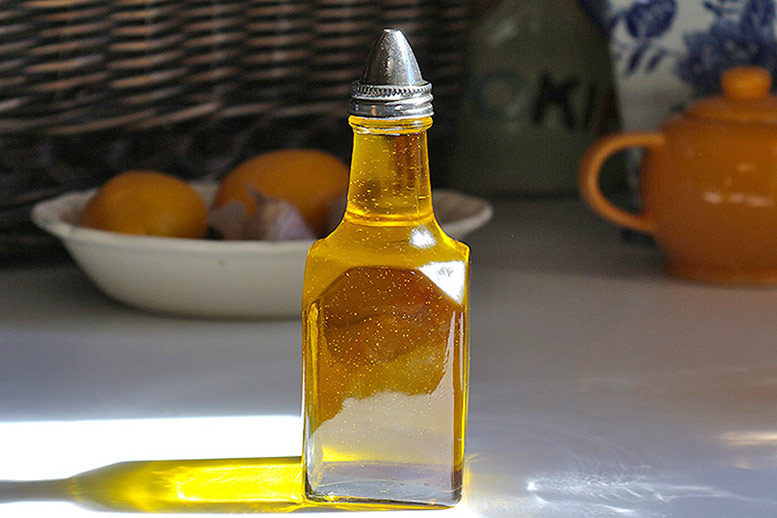
10 Types of Cooking Oils & Their Benefits
Cooking oils are used in many different ways and are essential to culinary practices in general; without oil, many kinds of dishes that exist simply could not be produced.
Here is some information about cooking oils, plus a guide to the most commonly used types and what they are good for:
The History of Cooking Oils
It is believed that when humans first began to cook meat over a fire, the fat that dripped from the meat started to be used for cooking. As oil has been used for a very long time, before recorded history, it is hard to say when people began to use vegetable oils instead of animal fat.
Various seed oils have been used in the Middle East, Africa and Central Asia since at least the Bronze Age and vegetable oils were used historically in various ways, including for lighting fuel, cooking and medicine.
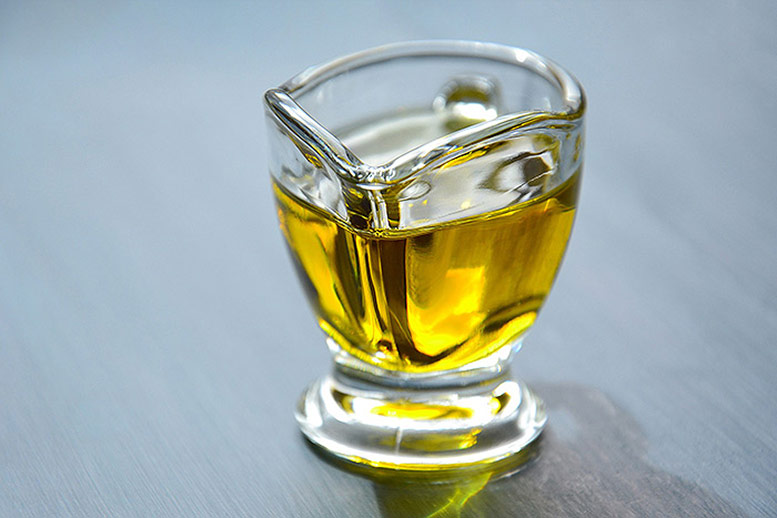
There are records showing that during the Song Dynasty in China (960-1279), vegetable oils were used instead of the traditional animal fat for stir-frying. Soybean oil has been used in China for a long time before historical records were kept, making the Chinese some of the first users of plant-based oils.
Palm oil, which had been used in many African countries, became popular in Europe due to traders taking it back with them. The demand for palm oil rapidly increased during the British Industrial Revolution as it was used as a lubricant for all the new machines that were being manufactured.
An interesting point to note is that palm oil became the base ingredient of soap products produced by world-famous brands such as Lever Brothers (now known as Unilever) and the Palmolive brand. The increasing demand for palm oil led to its becoming the primary export for some West African countries.
Today, all kinds of oil can be produced for different purposes, but a common question is posed when it comes to cooking: What type of oil should you use for cooking?
Commonly Used Types of Oil for Cooking
Olive oil – Without a doubt, the most common type of oil used in cooking is extra virgin olive oil. Olive oil has various health benefits, including cancer prevention and being a healthy oil for the heart. Due to this, people who are trying to stay healthy tend to use olive oil for all types of cooking.
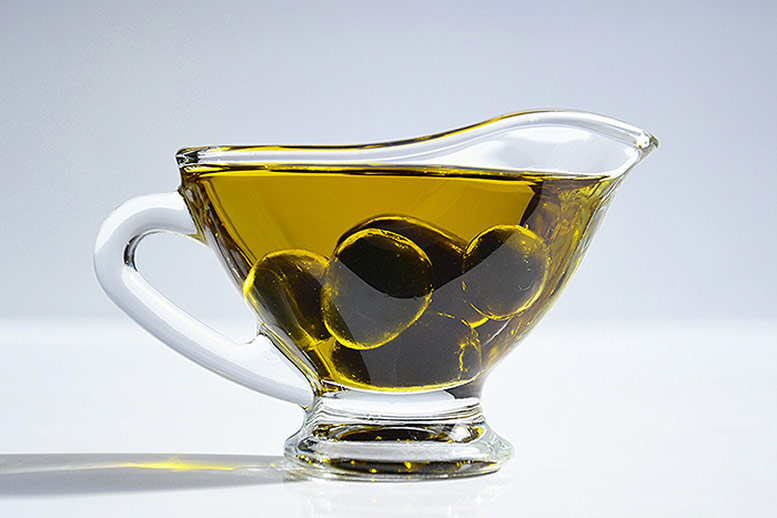
The problem with this is that extra virgin olive oil has a low smoke point and begins to degrade at temperatures over 191°C (375°F). As it is healthier when consumed raw, extra virgin olive oil is recommended for use in colder foods like dips, dressings, salads and mezes; try drizzling some over feta cheese and olives for a delicious Mediterranean-inspired snack.
Light olive oil has a higher smoke point, at 243°C (470°F), than extra virgin olive oil, making it more efficient for grilling than its better-known variant. The term “light” doesn't mean that it is healthier, as both kinds of olive oil have similar calorie content; instead, it refers to the more neutral taste.
Sunflower oil – With a high smoke point, and other benefits including a high vitamin E content and a flavour that doesn’t overwhelm food, sunflower oil is ideal for frying and for use in many other cooking methods.

Sunflower oil contains omega-6 fatty acids, which, if consumed in excess, can lead to inflammation in the body. Therefore, it is important to keep track of how much sunflower oil is used, and it is probably a good idea to try other kinds of oil from time to time. Sunflower oil is commonly used for deep-frying food such as crisps and French fries.
Sesame oil – Commonly used in East Asian cooking, sesame oil has a distinctive nutty taste, and a small amount is sufficient to add flavour to a dish. Sesame oil can either be cooked with or used as a seasoning, there are also two variants: Light sesame oil has a very high smoke point and can be used for frying whereas dark sesame oil, which comes from roasted sesame seeds, has a lower smoke point making it not so compatible for frying so it is better to be used as a seasoning.

Sesame oil contains monounsaturated and polyunsaturated fatty acids, a high vitamin K content and is known to lower blood pressure and blood sugar.
Coconut oil – The cooking oil of choice in Sri Lankan cuisine and other tropical regions where coconuts are abundant, coconut oil is solid at room temperature, unlike other kinds of oil. There is a lot of controversy surrounding coconut oil, and many people debate over whether it should be used in cooking or not due to its high saturated fat content.
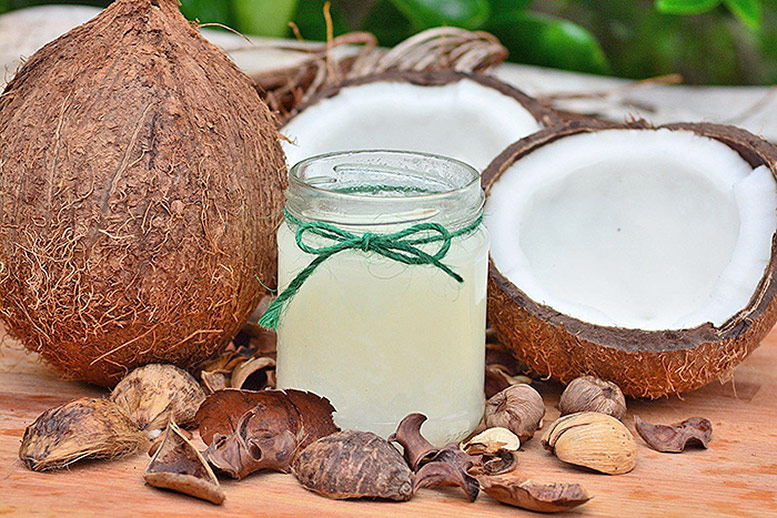
Recent scientific research suggests that not all kinds of saturated fats are bad for you, and coconut oil has a high smoke point, so it can be used as a healthier frying option. The distinctive taste of coconut oil can be used to enhance the flavour of many dishes and snacks.
Refined coconut oil can be used for roasting and sautéing due to its high smoke point at 177°C (350°F), whereas unrefined coconut oil, also known as virgin coconut oil, has a lower smoke point but has a stronger coconut flavour, making it a good option for baking.
Virgin coconut oil is also commonly used as a natural hair and skin treatment.
Peanut oil – Much like sesame oil, peanut oil has a strong, nutty but sweet flavour, making it ideal for adding flavour to food. The high smoke point of peanut oil makes it ideal for frying, and many fast food joints use peanut oil to fry batches of chips.
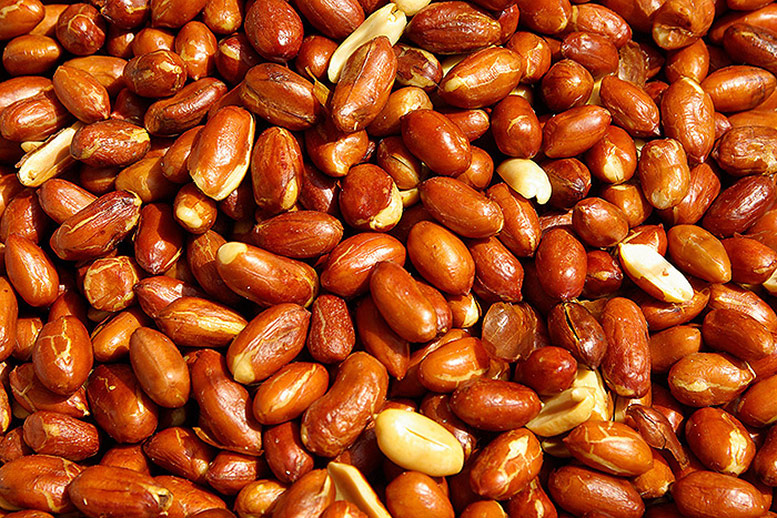
Peanut oil is full of monounsaturated fatty acids, which lower bad cholesterol, but the high content of omega-6 fatty acids can be detrimental to health if this type of oil isn’t used in moderation.
It is a healthier option to use cold-pressed and unrefined versions of peanut oil, which cost more but will be a lot better for you as opposed to commercial variants, which are mass-produced without any regard for personal well-being.
Avocado oil – With the highest smoke point of all the plant oils at 271°C (520°F), avocado oil is perfect for frying, roasting, grilling and a number of other things. Unlike other plant oils from which the oil is derived from seeds, avocado oil comes from the flesh itself, giving it a creamy, delicious taste.
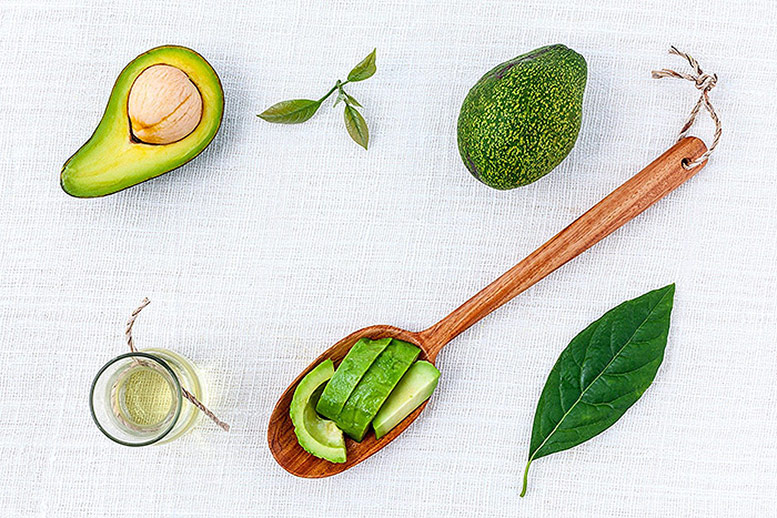
Avocado oil has many health benefits and should definitely be experimented with in the kitchen. The refined version has a milder flavour and is better to use if the taste of avocado puts you off. The only downside to avocado oil is that it is very expensive, but it is very versatile.
Walnut oil – With a strong nutty taste, walnut oil can be added to lots of dishes for flavour, but it is better used cold, as when it is heated, it can become quite bitter. Walnut oil has plenty of extraordinary health benefits, including the potential to lower blood pressure, improve cholesterol levels and boost skin health.
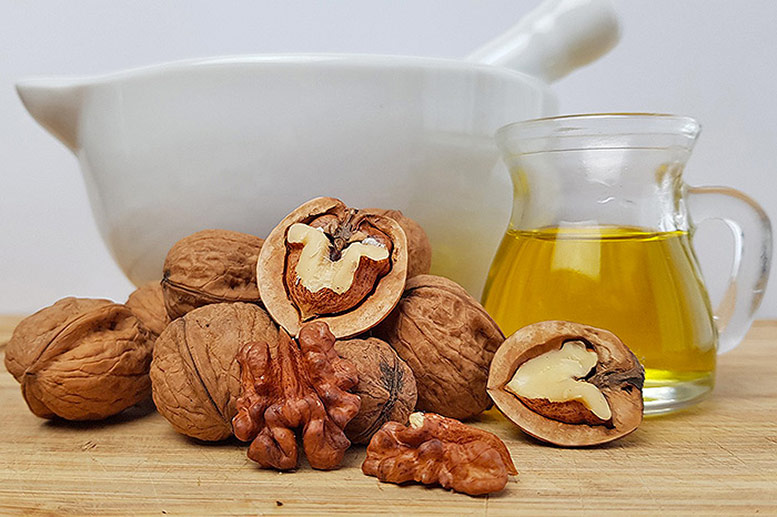
Walnut oil can be used to flavour steaks, seafood and pasta; it can also be used in desserts.
Ghee – Commonly used for cooking South Asian cuisine, ghee is a type of clarified butter with the milk protein removed, meaning that people who can’t normally consume dairy can use ghee. Ghee has a very high smoke point, higher than most vegetable oils, and is ideal for frying.
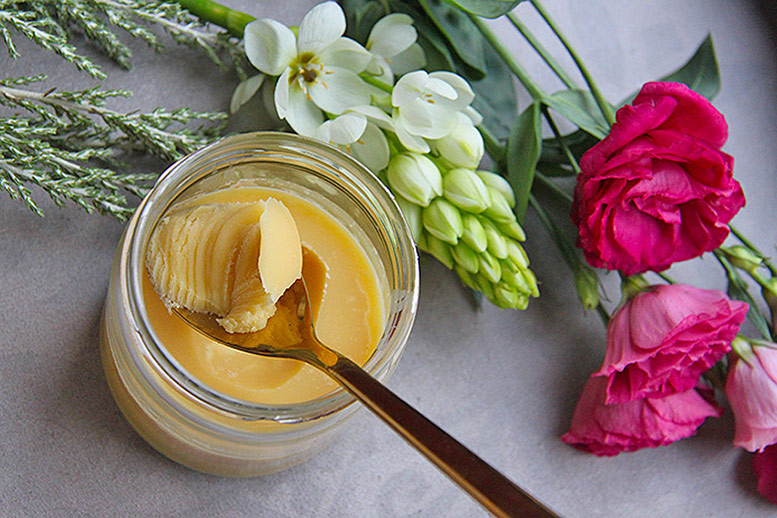
The use of ghee in the Indian Subcontinent is essential, and the authentic taste of many dishes can only be achieved using ghee; one downside to this, however, is that ghee is mostly made up of fat, so it should be consumed in moderation.
Canola oil – Made from rapeseed plants, canola oil has a high smoke point and a mild taste, making it ideal for frying. Canola oil is said to have many health benefits and is a good choice of oil for frying but regular, easy to find varieties, especially in America, are highly processed and have most of the nutrients removed, rendering them unhealthy (so it is better to purchase cold-pressed varieties which, unfortunately, can be harder to find and are not as cheap).
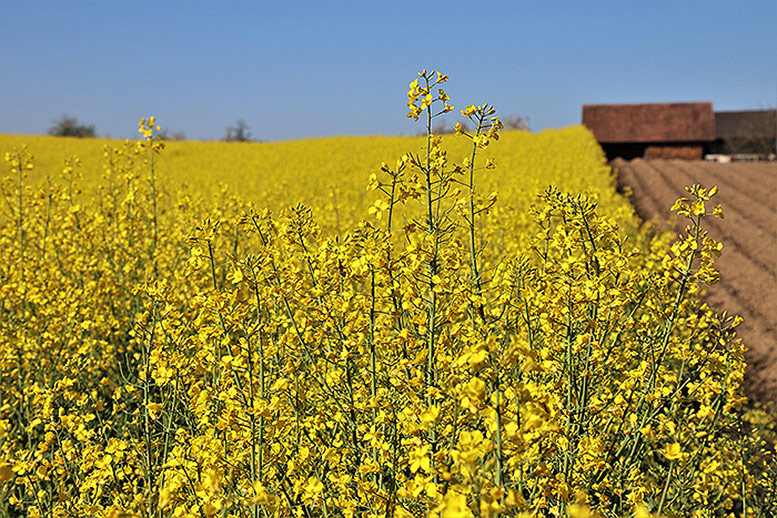
Vegetable oil – A type of oil that should probably be avoided, vegetable oil contains a mix of different oils, all of which are most likely processed. Vegetable oil, although used by many as it is widely available, generally has little beneficial nutritional content and is linked to many health issues.
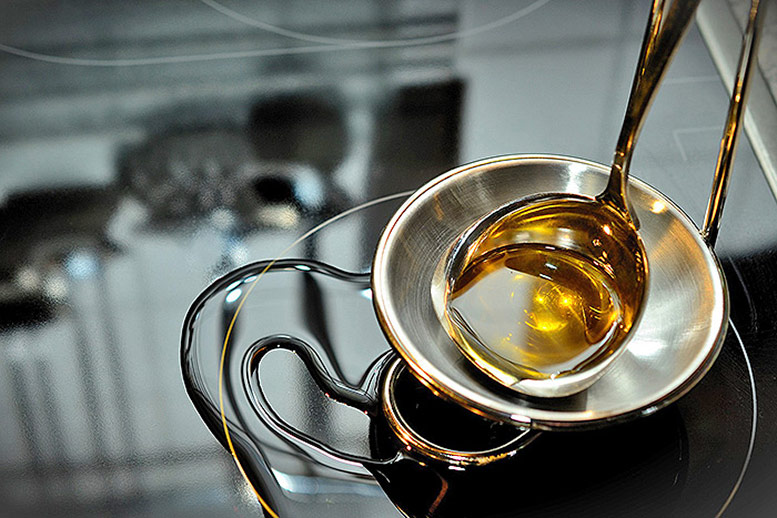
Most vegetable oils have a medium to high smoke point, making them ideal for stir-frying, sautéing, grilling, frying, and baking, albeit an unhealthy option.
We hope that we have helped you to choose which oils you will use in each recipe and perhaps switch to some healthier alternatives. You will find this information quite important when working as a chef cook.

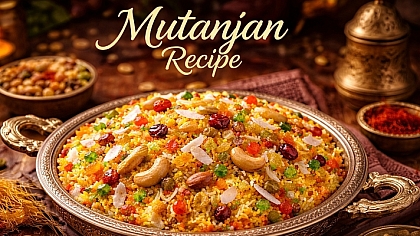
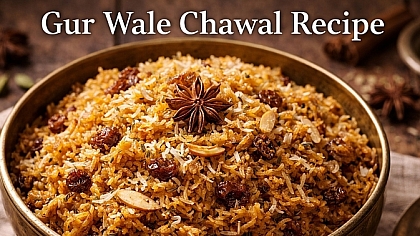
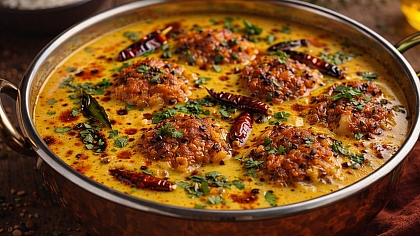

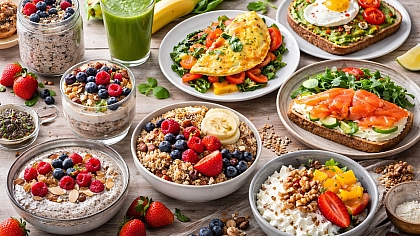
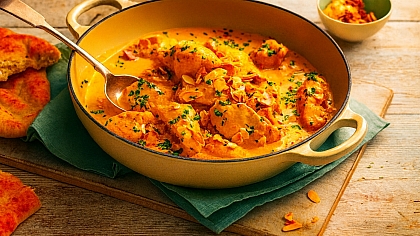
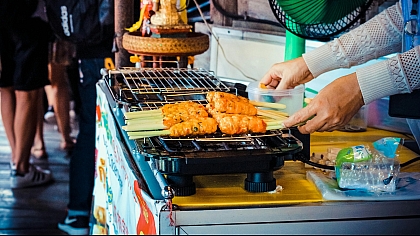

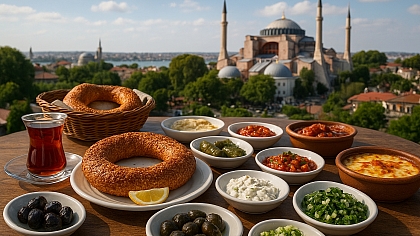
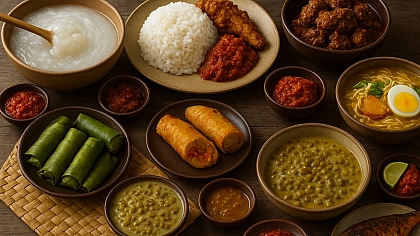

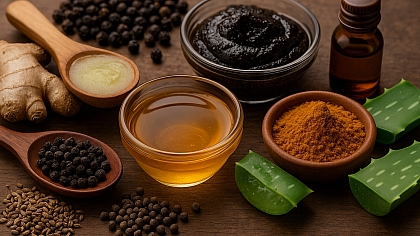
COMMENTS
Peanut oil tends to have higher smoke points that makes them suitable for deep frying for the fast foods. It also maintain healthy joints and it may improve insulin sensitivity.
Hi,All types of oil are fantastic choice for cooking that,s you reviewed.Thank you for this important sharing with us. I personally prefer olive oil and peanut oil for cooking.